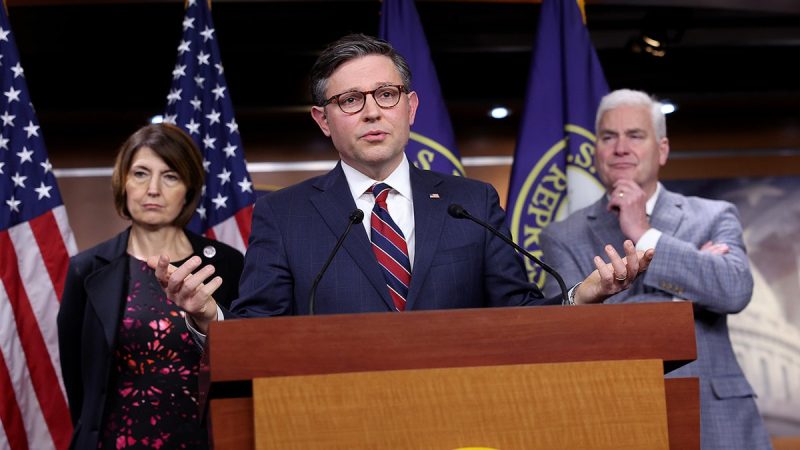Why Zuckerberg killed fact-checking as he keeps cozying up to Trump
Mark Zuckerberg, who often bends with the political winds, is getting out of the fact-checking business. And this is part of a broader effort by the Meta CEO to ingratiate himself with Donald Trump after a long and testy relationship. After a
What Virginia’s special elections tell us about the bigger ballot box battles to come in 2025, 2026
Democrats held onto their narrow majorities in Virginia’s legislature as they won two of three special elections on Tuesday in the first ballot box showdowns of 2025. The closely-watched contests were seen by the political world as the first gauge of
Fact-checking firm staffed by CNN alums takes Meta axing hard: ‘surprised and disappointed’
A prominent fact-checking organization used by Facebook to moderate political content reacted to news that it will revamp its fact-checking to better avoid bias with an article outlining its disappointment and disagreement with the move. ‘Lead Stories was surprised and disappointed




